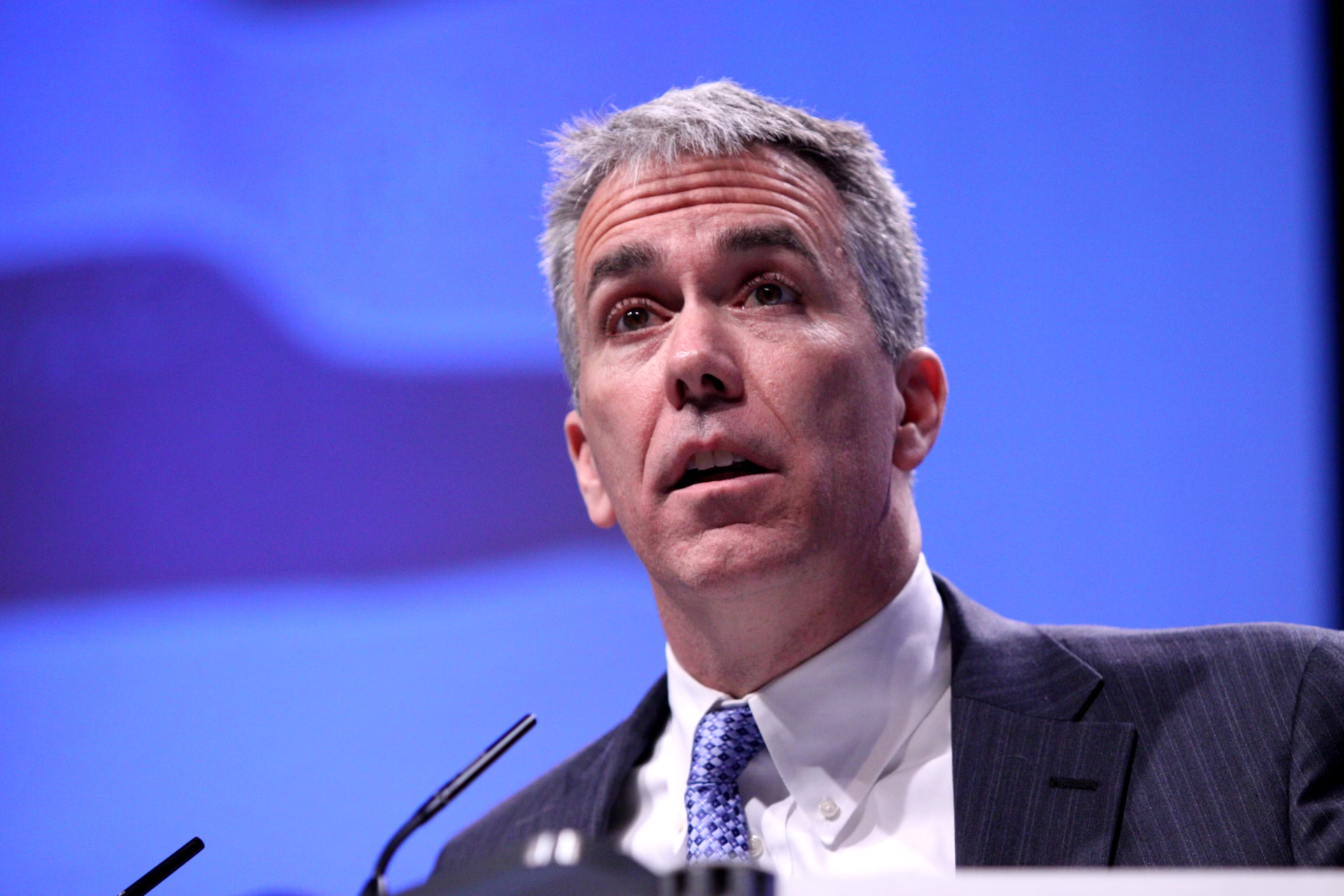Key takeaways:
- Joe Walsh wrote a harsh op-ed about Charlie Kirk before Kirk’s death.
-
Walsh
once felt close to Kirk, but they later broke ties.
- He blames Donald Trump for dividing them.
- The piece addresses a tragic Charlotte train stabbing.
- Walsh shared the original text to avoid whitewashing.
Joe Walsh was once a mentor and friend to Charlie Kirk. He even said he thought of Kirk “like a son.” However, their bond fell apart when politics turned personal. Walsh blames former President Donald Trump for driving that split. He argues that Trump’s style pushed Charlie Kirk and himself onto opposite paths. As a result, they grew distant and stopped speaking for years.
Joe Walsh’s View on Charlie Kirk
Walsh wrote an op-ed before Kirk’s killing but chose to share it afterward. He did this because he did not want to erase the hard truths. In his piece, Walsh called out Kirk for fueling division by race. He said Kirk and others make money by stirring anger on TV and social media. Moreover, Walsh stressed that Kirk did not deserve to die. He made that clear in a new section added after the fatal shooting.
The Train Stabbing Sparks Debate
The op-ed focuses partly on a grim event in Charlotte. A 23-year-old Ukrainian refugee named Iryna Zarutska was stabbed to death on a light rail train. The suspect, a Black man with multiple priors, left the scene and walked away. Immediately, conservative voices, including Charlie Kirk, said this killing was ignored because of the victim’s race. They pointed fingers at the media and Democratic leaders. Walsh called that reaction “f—— sick.” He felt it twisted a human tragedy into a political tool.
How Walsh Blames Trump for Their Rift
In his writing, Walsh says Trump changed everything. He claims the former president’s harsh talk forced many on the right to choose a side. Charlie Kirk took one side, Walsh took another. They could no longer find common ground on policy or tone. Walsh also felt that Kirk’s attacks became more extreme under Trump’s influence. As a result, the trust that once linked them vanished. Walsh says Trump didn’t just divide the country—he split up friendships too.
Publishing the Op-Ed After Kirk’s Death
Walsh admits it seemed odd to release a criticism after Kirk’s death. Yet he wanted to avoid whitewashing Kirk’s record. He felt people would paint Kirk as only a victim without seeing his past work. So Walsh added a short note expressing sorrow for the killing. Then he shared his earlier draft. In his words, it’s better to face hard truths than to let history spin a cleaner story than reality.
Why This Matters for Right-Wing Media
This episode shows how heated political divides can become personal. Influencers like Charlie Kirk hold major sway over public opinion. When they react to tragic events, those reactions shape nationwide debates. Walsh’s op-ed highlights how even allies can turn on each other when politics heats up. Furthermore, it warns that no one is immune from controversy in today’s media world.
Lessons on Division and Responsibility
This story also raises questions about accountability. If a public figure stokes racial tension, should they face rebuke from their own side? Walsh thinks so. He argues that self-critique can help the right regain credibility. Instead of blaming opponents, they should focus on real solutions. For example, Walsh suggests talking about mental health and crime without race baiting. That, he says, would honor the memory of Iryna Zarutska more than political blame games.
How Readers Can Reflect
First, it reminds us to look beyond headline grabs. Second, it shows that relationships can survive disagreement—if both sides listen. Finally, it asks all of us to demand better from our leaders and influencers. Whether on the left or the right, words carry weight. They can inspire hope or feed anger. In this case, Joe Walsh used his own platform to call out Charlie Kirk’s tactics. His goal was to push for more honesty in public debate.
Moving Forward After a Tragic Split
In the end, Walsh’s op-ed is both a farewell to a friendship and a call to conscience. He did not shy away from harsh judgments about Kirk’s style. Yet he also refused to let the moment become a simple martyr story. Instead, he forced readers to wrestle with tough questions about media, race, and loyalty. As political voices grow louder, this tale reminds us that we all share the cost of division.
FAQs
What did Joe Walsh say in his op-ed?
He criticized Charlie Kirk for using race to divide Americans. He also blamed Donald Trump for widening their split.
Why did Walsh add to the op-ed after Kirk’s death?
He wanted to avoid whitewashing Kirk’s history while still showing respect for his death.
What happened in the Charlotte train stabbing?
A 23-year-old Ukrainian refugee, Iryna Zarutska, was fatally stabbed by a man with a criminal past. The incident sparked political controversy.
How did Donald Trump contribute to Walsh and Kirk’s fallout?
Walsh says Trump’s harsh rhetoric forced them onto opposite sides, ending their friendship and shared views.
